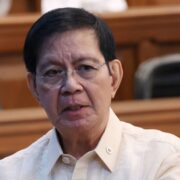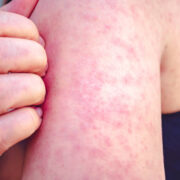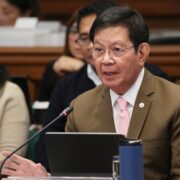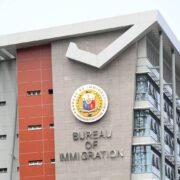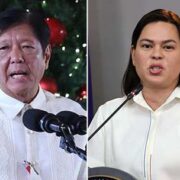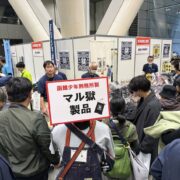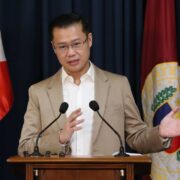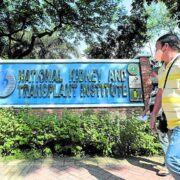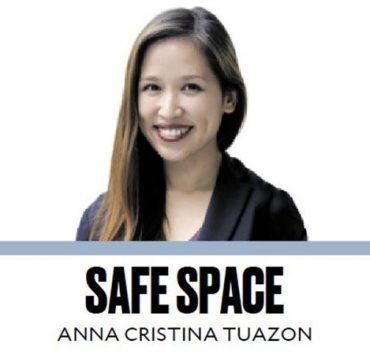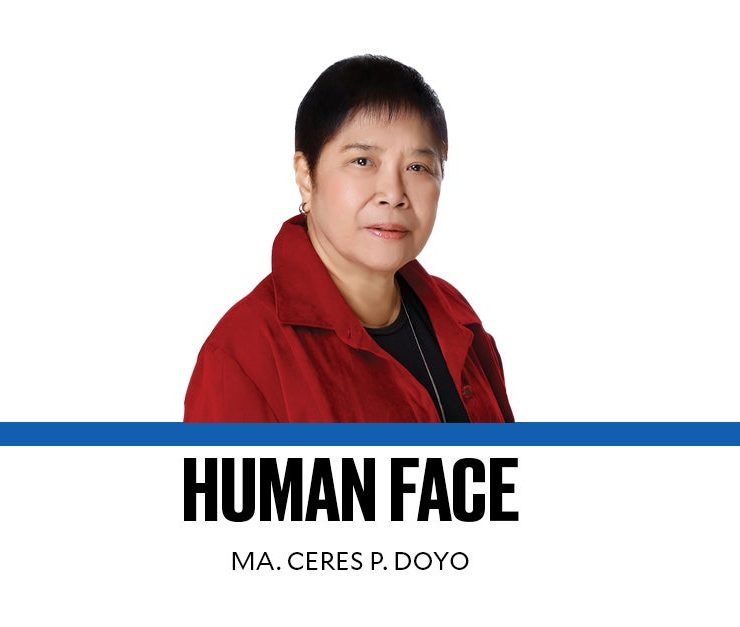The heavy burden of justice
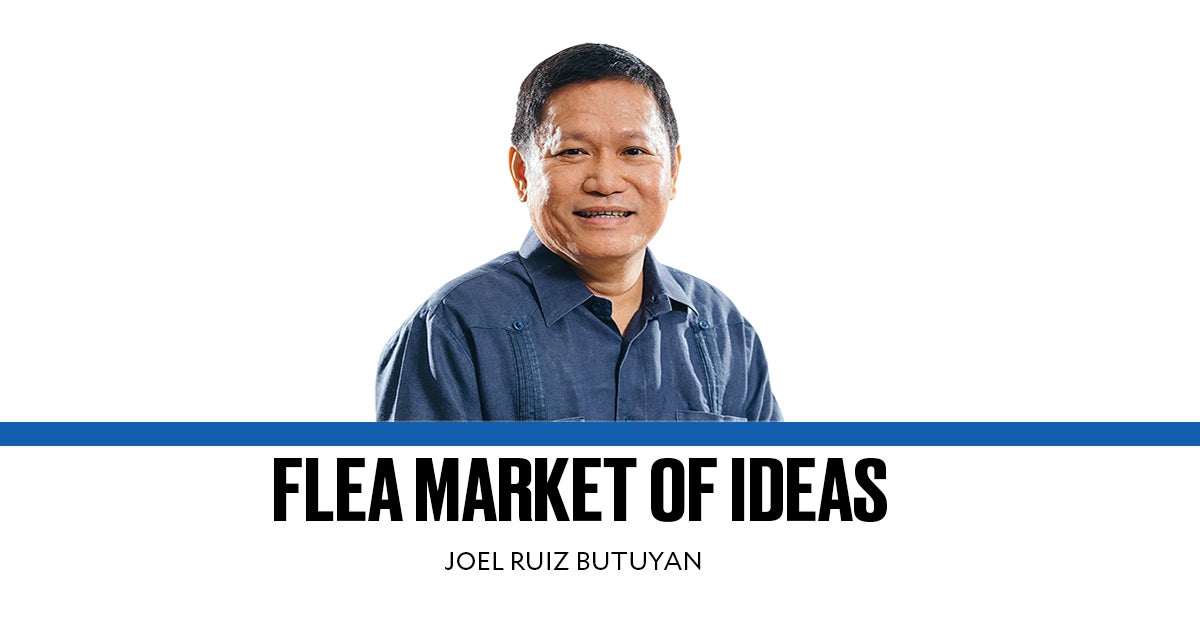
The International Criminal Court (ICC) Pre-Trial Chamber has recently decided the challenge on its jurisdiction by ruling that it has the authority to hear and decide the case against former President Rodrigo Duterte. The next major issue that’s up for decision is Duterte’s fitness to face trial. If the PTC decides that the former president is fit to undergo trial, the case will proceed to confirmation of charges proceedings, and then to the trial proper where the parties will take turns presenting evidence.
But another crucial issue that’s awaiting resolution by the PTC is its decision on who among the many victims will be allowed to participate in the trial. Human rights groups estimate that there were about 30,000 victims of murder, 400,000 victims of unlawful imprisonment, as well as innumerable victims of torture, enforce disappearances, sexual violence and other inhumane acts, attributed to Duterte from June 2016 to November 2019. Add to that the victims during Duterte’s mayoralty period in Davao City from 2011 to 2016. Will all these victims be allowed to participate in the ICC trial?
When the Document Containing the Charges (DCC)—the equivalent of the criminal “information” in our domestic procedures—was made public recently, it was disclosed that the charges leveled against Duterte will only be in connection with 76 murders and two attempted murders committed during both his mayoralty and presidential periods. Will the participating victims be restricted to this limited number of victims?
Last September, I attended a training seminar for lawyers accredited to practice in ICC that was held in The Hague, Netherlands. In my conversations with fellow lawyers who have had extensive experience either handling or closely monitoring the decisions of the ICC in other cases, they are of the opinion that, most likely, the victims who will be allowed to participate in the trial will only be the victims of the crimes included in the DCC—meaning the victims of the 76 murder and two attempted murder incidents.
In fact, by the DCC alone, it’s clear that the charges against Duterte will be limited to crime against humanity of murder and attempted murder, and that the much bigger number of victims of unlawful imprisonment, torture, sexual violence, and other inhumane acts are not included. And if the prediction of seasoned ICC lawyers comes true, the victims who will be allowed to participate in the ICC trial will be whittled down to the families of 76 out of the 30,000 victims of murder.
But even if Duterte is charged only in connection with 76 murder incidents, if a conviction is obtained even for this limited number of crimes, he will spend the rest of his life in prison. That will deliver justice for all victims and not just for the 76 murder victims.
However, there’s more to justice than merely exacting punishment for Duterte and his conspirators. For one, there’s the issue of reparations. The Philippine government must proactively cooperate by freezing and seizing the assets of the accused so that they can be used to give reparations for the victims’ families. The ICC does not have enough in its trust fund for victims, and it does not have the power to come to the Philippines and seize the assets by itself. It must be the Philippine government that must do the freezing and seizing. The assets of the accused must be made answerable for the damages they caused to the victims’ families.
In fact, apart from the reparation obligations of Duterte and his co-perpetrators, the Philippine government has the separate obligation to extend assistance to the victims’ families even while the ICC trial is ongoing. The drug war victims were victims of state violence, and the Philippine government must own responsibility by extending rehabilitation assistance to them. Virtually all of the victims of murder were breadwinners of impoverished families. So we have 30,000 families, most with minor children, who have been trying to survive for almost 10 years now and who have been deprived of their breadwinners.
And then there’s the humongous need to reform the police force after it was turned into a criminal organization by the Duterte administration. The national police force must undergo serious reformation seminars to learn about how its members participated in the crimes against humanity committed by the Duterte administration. This is necessary in order to exorcise its members of the mindset that they can resort to killings and violent acts in dealing with crime and suspected criminals.
The responsibility to bequeath justice to the thousands of victims of the Duterte regime does not rest on the shoulders of the ICC entirely. The heavier burden must be carried and bestowed by our own republic.
—————-
Comments to fleamarketofideas@gmail.com


